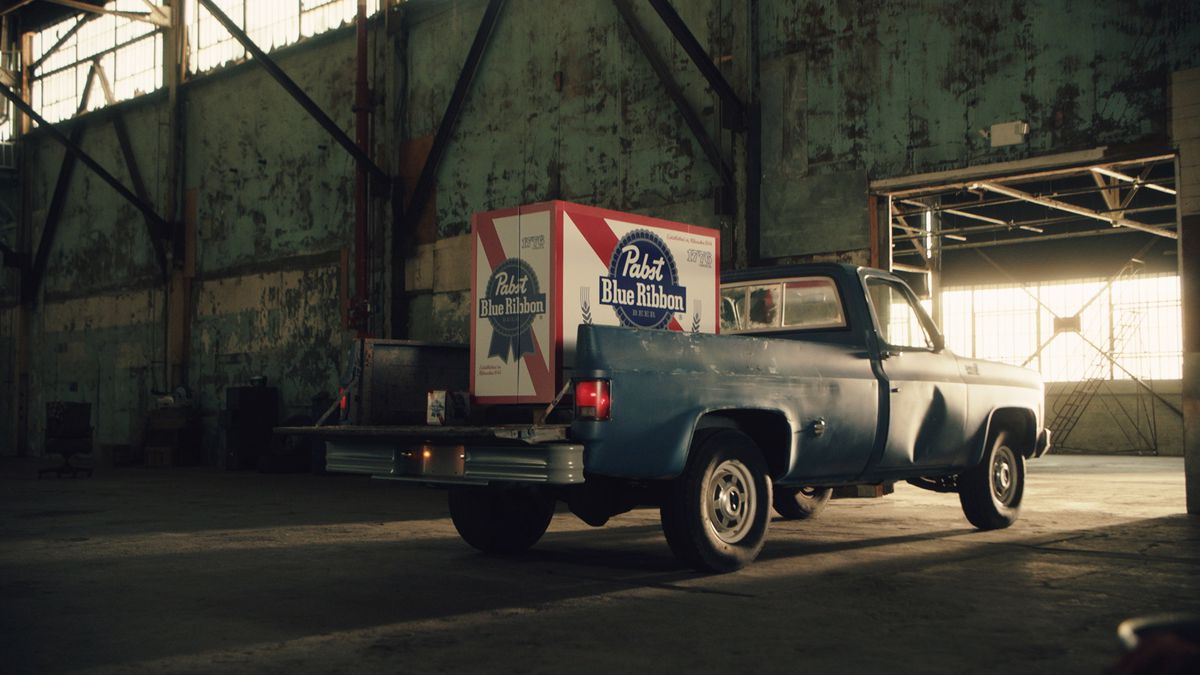
Hard seltzer first hit the marketplace about five years ago and rapidly grew in popularity with sales exceeding $4.5 billion in 2020. Wanting to ride the wave of success, many companies have introduced hard seltzers into this now crowded space. But what is a hard seltzer? Is it a form of beer or something else? Based on its popularity, most would say, “Who cares whether hard seltzer is beer, just give me one.” However, Modelo Grupo (“Modelo”) and Constellation Brands (“Constellation”) would say there is a lot riding on the answer.
Modelo, whose parent is Anheuser-Busch InBev (“AB”), created the Corona brand. In 2013, Constellation acquired perpetual, irrevocable, and exclusive license rights in the Corona marks, which gave Constellation the right to sell products under the Corona trademark. Then in 2020, Constellation introduced Corona Hard Seltzer, which is a sugar-based, fermented beverage produced in Coahuila, Mexico. Corona Hard Seltzer is now the fourth most popular hard seltzer in the United States, competing directly with Bud Light Seltzer and other AB hard seltzers.
Modelo sued Constellation in the U.S. District Court for the Southern District of New York over the use of the Corona trademark for Corona Hard Seltzer and for breach of contract, alleging that Constellation only has the right to sell beer products, not hard seltzer, under the Corona brand. According to Modelo, hard seltzer is not one of the allowable beer beverages.
The term “hard seltzer” can have different meanings though. Some “hard seltzers” are made by “combining distilled spirits with a carbonated base” while others are brewed “like traditional lagers and other beers from a malted barley base, a sugar base, or other legally recognized substitutes for malt.”
Constellation disagrees with Modelo’s position that hard seltzers are not allowed under its license. Constellation alleges the license agreement gave it a broad license to use the name “Corona” and a broad definition of beer that covers beverages well beyond the original Corona lager. Specifically, for purposes of the agreement, beer means “beer, ale, porter, stout, malt beverages, and any other versions … of the foregoing, including nonalcoholic versions of any of the foregoing.” Further, Constellation argues the license provided “certain rights to innovate and bring new products to market using the Corona marks,” which is exactly what Constellation argues Corona Hard Seltzer represents.
In arguments to the Court, Constellation also states the agreement “unambiguously includes sugar-based brewed beverages (including those called ‘hard seltzers’)” within the definition of “beer” because “sugar is a legally recognized substitute for malt.”
Modelo counters that “‘beer’ is an alcoholic beverage made with malted barley (or other grain) and flavored with hops” whereas Corona Hard Seltzer is “a fruit-flavored, sparkling water with alcohol made from fermented cane sugar.” Modelo alleges that because Corona Hard Seltzer is brewed from a sugar base rather than a malted barley base it falls outside the license. Modelo states Constellation concedes “an ‘average person’ asking for a ‘beer’ would be perplexed (and likely disappointed) when a bartender serves a Corona Hard Seltzer.” It is apparently undisputed that Corona Hard Seltzer is a malt-free, hop-free, sugar-based beverage that does not taste, look, or pour, like a beer. Constellation, however, argues it some form of non-beer “beer.” Modelo argues this makes no sense.
When the foam and bubbles settle, we will likely learn what the court understand to be “beer,” but until then it appears the market for hard seltzer will continue to rise irrespective of how you categorize it. The question is whether Modelo will succeed in its quest to remove Corona Hard Seltzer from the market.
May 28, 2021 at 08:42PM
https://ift.tt/3c0gEvj
Beer: You Know It When You Taste It, Or Maybe Not - JD Supra
https://ift.tt/2NyjRFM
Beer

No comments:
Post a Comment